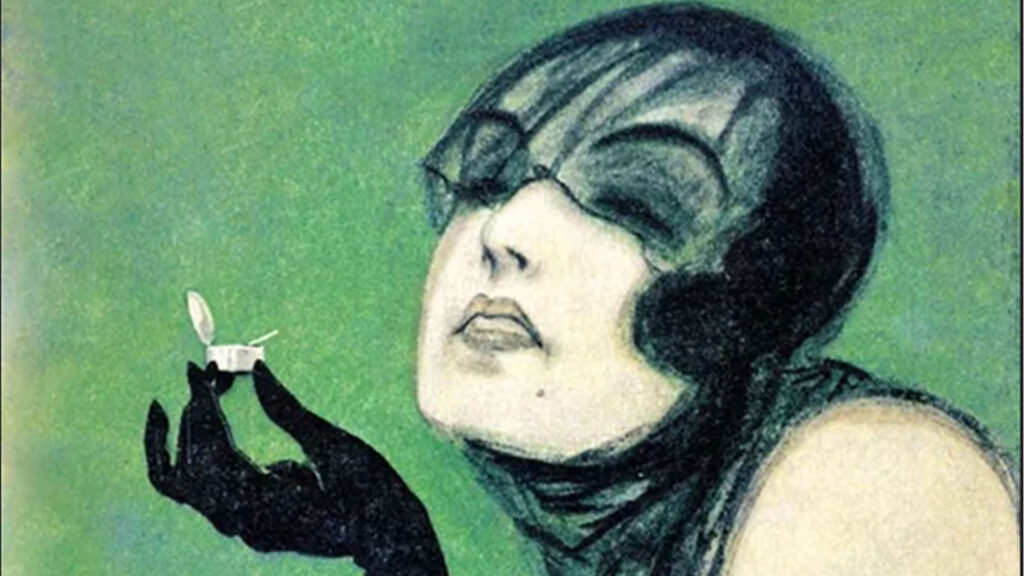PI: Dr Douglas Small
Cocaine, Literature, and Culture 1876-1930 is the first significant study of cocaine in the literary and cultural imagination of the late-nineteenth and early-twentieth centuries. From the drug’s discovery as the first local anaesthetic, through the Sherlock Holmes stories, and into the twentieth century, Cocaine, Literature, and Culture charts the history of a substance which transformed nineteenth-century medicine and culture.

Since its prohibition in the first decades of the twentieth century, cocaine has been predominantly understood through discourses of criminality and dissipation. Previous studies of the drug have tended to either prioritise the historical, political or economic factors underlying its criminalisation, or to consider it as part of a broader discussion of substance addiction. This work, by contrast, offers an important exploration of the symbolic and metaphorical associations of cocaine in the decades prior to its criminalization.
Hear Dr Small talk about the nineteenth century’s most famous cocaine user, Sherlock Holmes, for the Intoxicating Spaces Research Network, or read about the Victorian origins of sports doping in his articles for The Conversation. This research was supported by the Wellcome Trust and will be published by Bloomsbury Academic in 2023.
Cocaine, Literature, and Culture is available Open Access from Bloomsbury Publishing.
